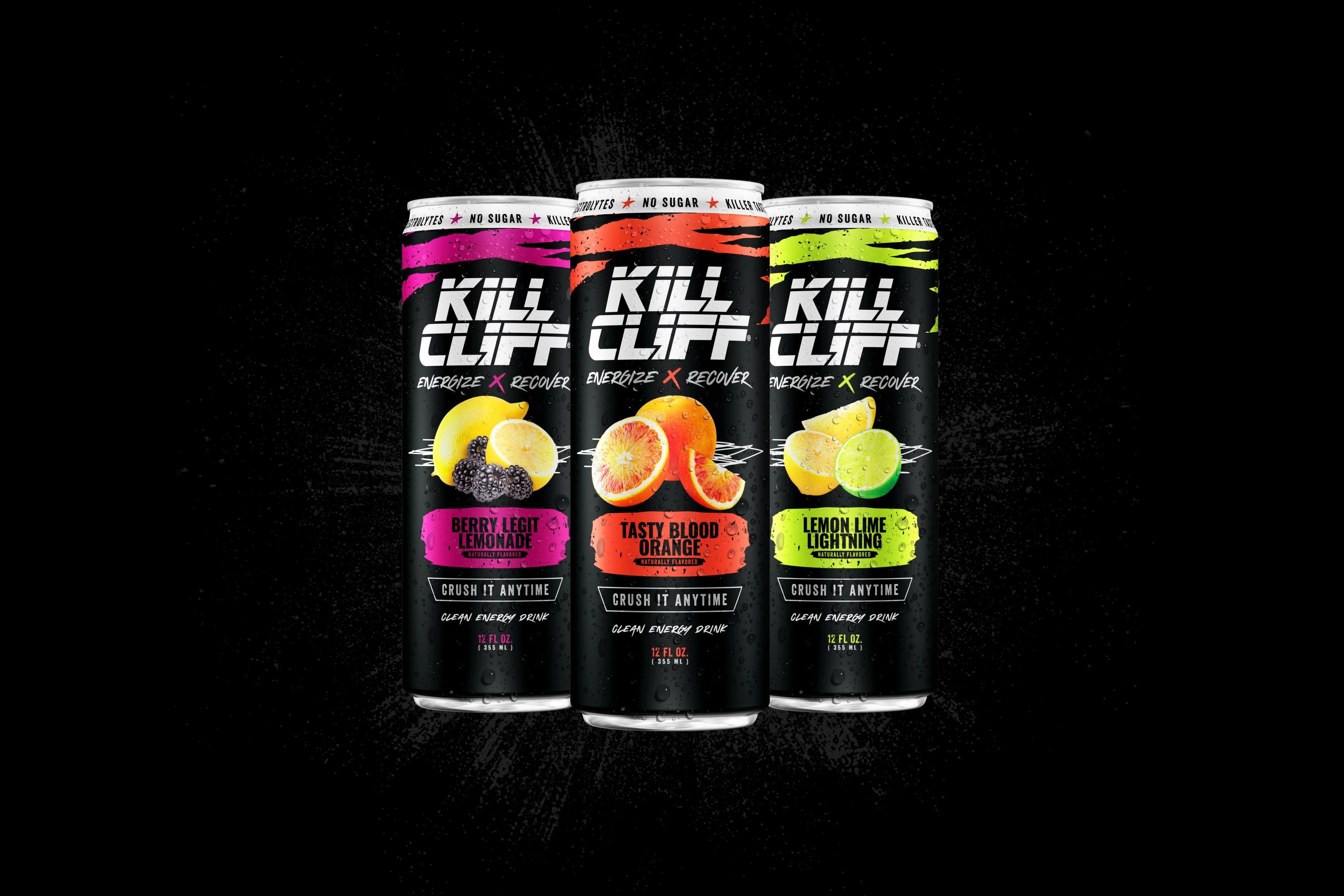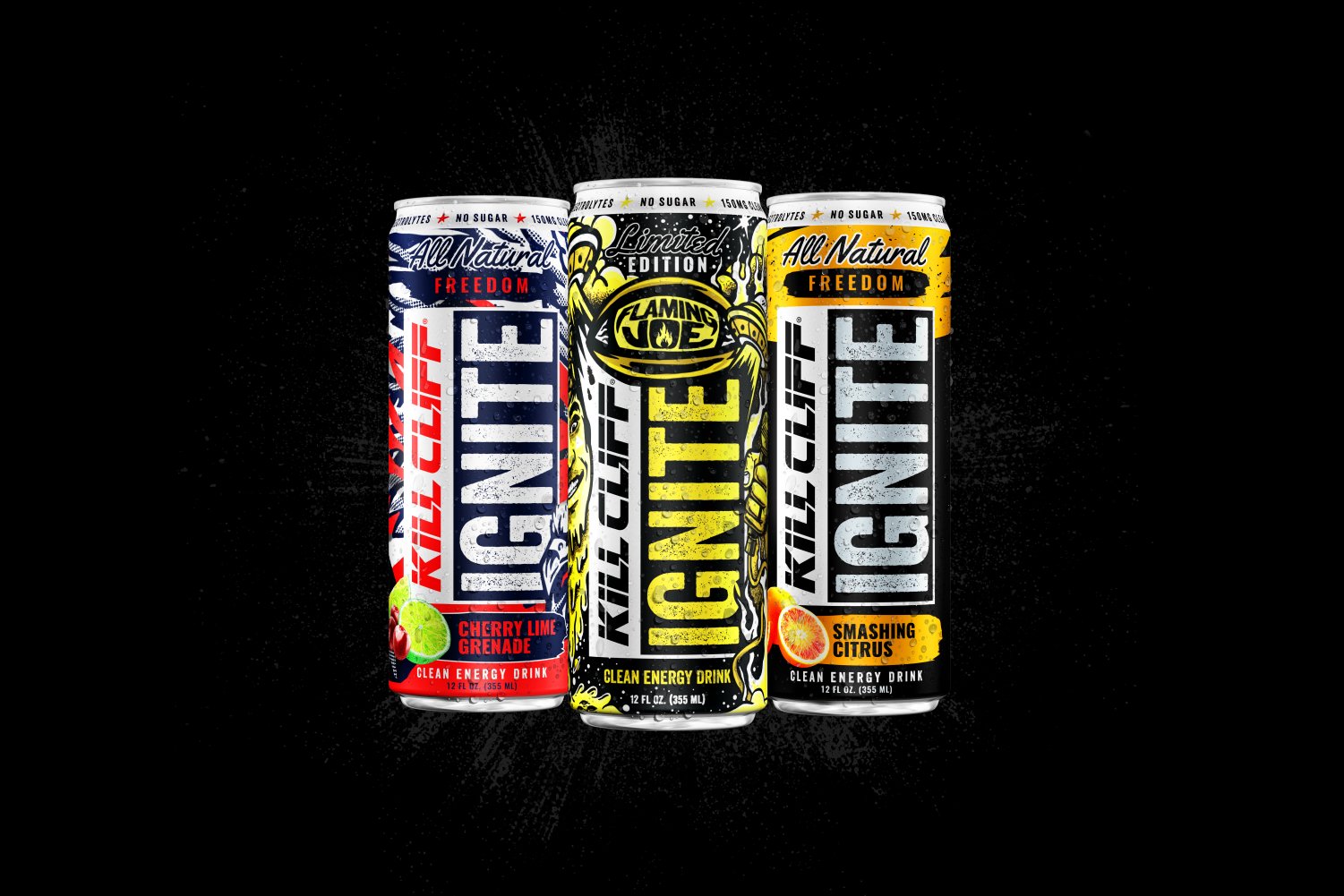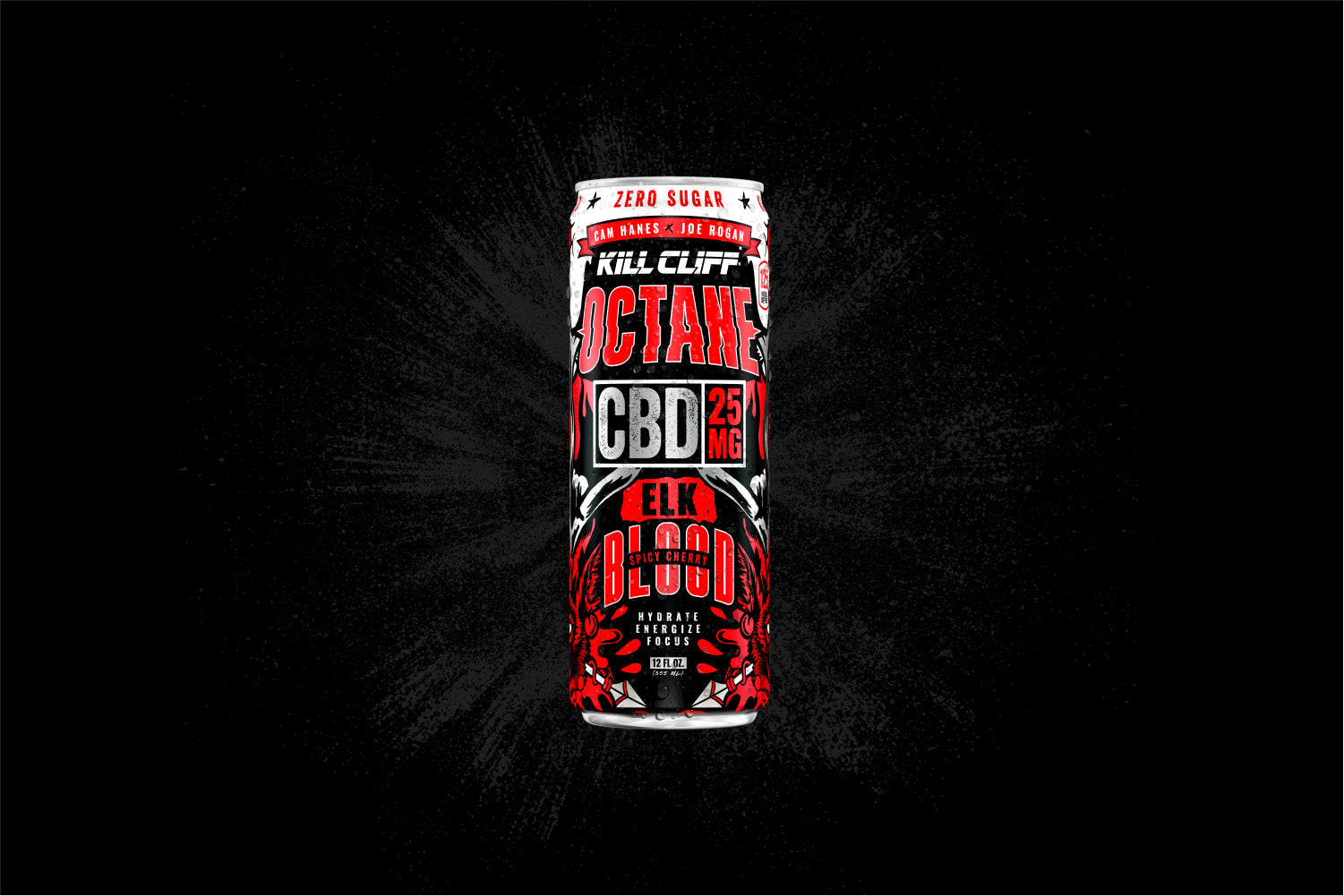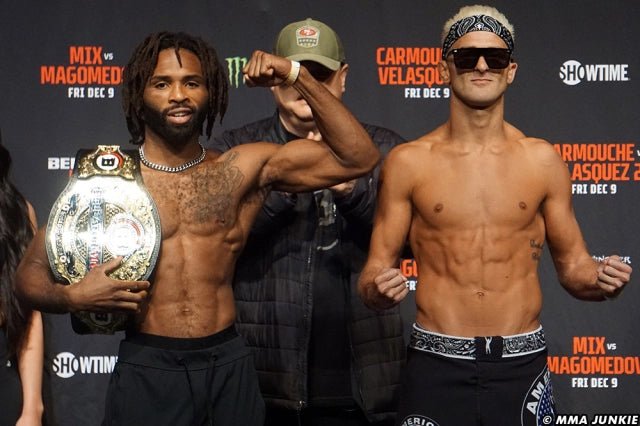
Swim, bike, run, jiu-jitsu
It’s a cold rainy Sunday morning in San Francisco. I’ve been sitting on a cold ferry for what felt like hours. Soon we will be pulling up next to Alcatraz and 2,000 plus people will be jumping into the 50-degree water. It’s March 2013, and this is the start of the Escape from Alcatraz Triathlon - 1.5-mile swim, 18-mile bike, and 8-mile run.
Once I cross the finish line, still somewhat frozen, I check this tri off and will be competing at the Pan Jiu-Jitsu tournament in Irvine, CA in 2 weeks. Since it’s such a close window for both events, the only way to get ready is to train for both at the same time. Preparing to perform at two demanding events is a delicate balance. But we won’t focus on just getting ready for two events; the real purpose here is providing insight into the balance of training for two different sports throughout the year, in this case, Triathlon and Brazilian Jiu-jitsu.
But they are different…
Before moving on, I want to make it clear - I’m not a pro or expert at either of these sports. I’ve medaled at both BJJ tournaments and triathlon races, but I’m far from being a pro or high-level competitor.
While BJJ and triathlon are different sports, the good news is that the two really don’t contradict each other exercise/performance wise. What do I mean by that? Both sports require solid fitness and cardio, or in other words a big gas tank. When you’re fighting for your life to not get choked or get out of a bad position in BJJ it helps with your ability to stay calm and find a rhythm in a mass swim start when you are getting kicked and taking in water in a triathlon. Or, biking up a huge hill and then once leveled out continuing to ride fast helps when pushing to pass someone’s guard and keep going once you get the pass.
Now some people will say BJJ is more anaerobic while triathlon is more aerobic, two different energy systems needed to perform in each sport. Yes, they are different, but in my opinion, they are more alike than different. I’m not sure of a time when training that you go for 30 seconds then stop to recover. It’s continuous movement and motion; yes, some at a higher intensity than others but constant movement.
Depending on your training, in BJJ you could go for 5x10 minute rounds or 12x5 minute rounds. That sure as hell takes endurance. Or in a Sprint distance triathlon (.5 mile swim, 12.4-mile bike, 3.1-mile run) you are near redlining the whole time. For either or both sports, having the ability to push it for an extended period of time is necessary.
*Disclaimer- nothing talked about in here is based on science or research, just experiences and things I’ve done
Schedule, what schedule?
So how do you map out your training schedule for 4 different activities? Well, from my perspective and experience, I really don’t. I do have a rough idea of how I want each week to look like, but in no way is it planned out ahead of time. The schedule will change slightly depending on if there is a race or tournament coming up. I get that this is vague, but I can’t provide you a concrete training schedule. It’s just something you flow with.
In an average week, I usually train BJJ 3-6 times, run 2-4 times, bike 1-3 times, and then swim 1-2 times a month. Again, all this can change for several reasons- races, tournaments, or just how the body feels. If I wake up Sunday just drained from hard BJJ training Saturday, instead of running I’ll go swim - especially if my wife wants to go, too.
Honestly, there is not much that changes if there is a BJJ tournament coming up, the major shift in training is for longer races. Longer distance races like a half-iron (70.3) or Iron distance (140.6) are when the training schedule gets shaken up. Because these types of races are bigger, they require more time and energy. In 2016, I was training for Ironman Louisville (October). Needless to say, the more time training for 140.6 miles, the less mat time with BJJ.
Getting in 5-6 hour rides and 10-16 mile runs a month eats up a ton of time and takes additional time to recover. I remember going to train BJJ at night after running 15 miles that morning, I could barely hold up my legs to play guard because my hip flexors were shot. Another factor for limiting your mat time while training for a big race, injuries. As the big race approaches, all you think about is the time and sweat you’ve put in (and the money). The last thing you want to do is get hurt. Even jamming a toe can make a long race feel even longer. Having jammed my big toe two days before an Olympic distance tri, making the run a tad uncomfortable, you don’t want to make that mistake again.
I know for me when I would be training in one sport I would be thinking of the other - swimming laps I would be thinking of BJJ or be on the mat training thinking I should be biking. It’s a very annoying mind game. That’s a lot of words for saying you have to figure it out for yourself. See what your body can handle and be ok with making last minute changes to the training. If tomorrow is going to be gorgeous outside, go bike or run. And if the day after is raining, head to the mats to train.
The right equipment makes it easier
I think it’s safe to say anyone would choose to swim, bike, and run outside, especially when it’s a gorgeous day…but real life and real responsibilities can and will prevent this ideal dream. There is a solution though, and that requires buying the right equipment.
For running, the obvious choice is the treadmill. So whether going to a gym or buying one for your home can make it a lot easier to get a run workout in (and you can be home at the same time!). In similar fashion, a bike trainer is, in my opinion, the single best piece of training equipment for triathlon training you can buy. There are a variety to choose from, but if you’re going to go for it go big and get a smart trainer. Whether it’s a smart trainer or rollers or basic trainer, it is time efficient training and you can get in uninterrupted intervals which will increase bike performance. That’s a win-win.
Wait, there’s more?
Swimming, biking, running, training/sparring just isn’t enough? There definitely are different thoughts and opinions on this, but I think weight training is completely necessary for both BJJ and triathlon, as well as pretty much every other sport (e-sports is not a sport!). For myself, I know I feel better overall and performance-wise if I am weight training. I don’t go overly heavy; personally, I feel the risk of injury increases in the lifts and even after the lifting and into the sport itself. For instance, having done heavy deadlifts then training BJJ the next day leading to back pain for a few days. Now there might not be a correlation, all I know is I’ve personally seen a pattern and suffered the consequences. At the end of the day, my goal is to get better at BJJ and triathlon over the long run. Overall I don’t care about a PR squat or deadlift.
Wrap it up
So the whole point of this ramble? Doing two different sports at the same time is a delicate balance. What routine or schedule works for one person won’t be so balanced, or beneficial, for another. You might be able to do all this better than me or a lot of other people who do these two sports. That is awesome, please give me some tips too!
Balance is hard to come by. It took me years to finally get to a spot where I felt like I had it somewhat figured out. Years ago I was told that if I wanted to be great or get a lot better I would have to pick one, but I want it all. I tried to split the year up, first 6 months just BJJ than the last 6 months triathlon. The problem here, I would always miss the other and would take a good bit of time to get back to where I was when I left off. So again, balance. Like anything in life, we have to balance or juggle so many things and if one side gets too much attention we start tilting and become uneven. While this is fine for a short period, long-term we become lopsided. It takes time, but find your balance.
Get after it!
Written by Colin Moran








